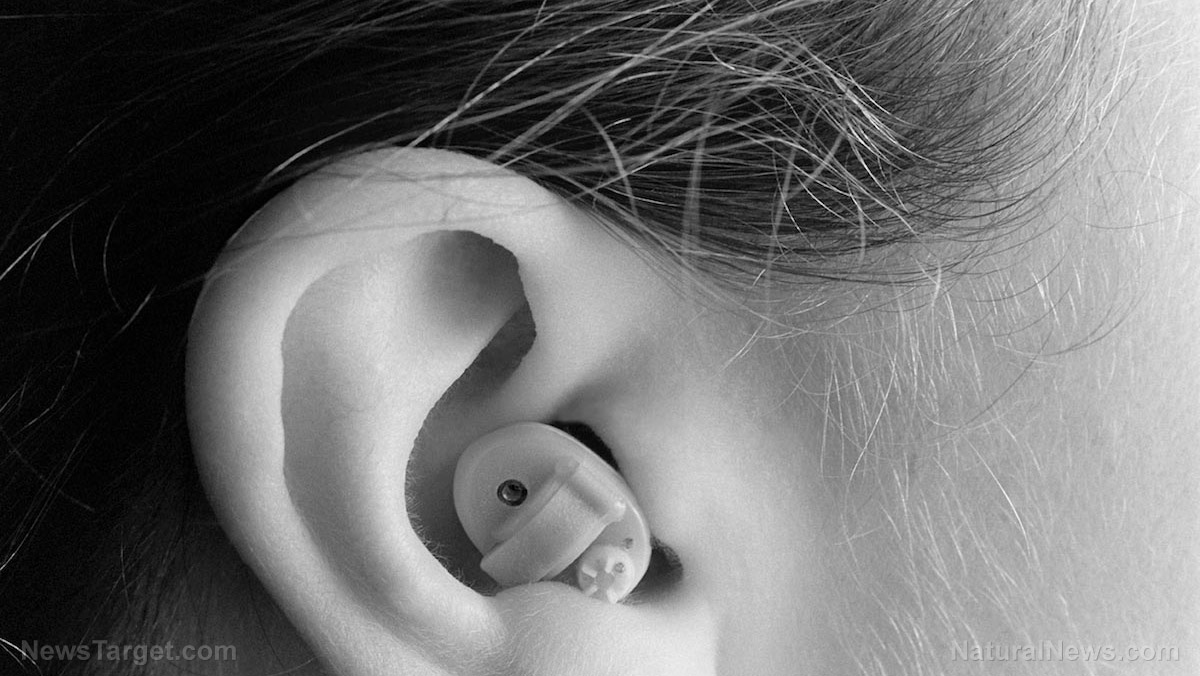Patients with insomnia can benefit more from cognitive behavior therapy than from medication, study shows
06/09/2020 / By Zoey Sky

Chronic insomnia is a common condition that affects about 10 to 15 percent of adults in Great Britain. While medication is often prescribed to help those with insomnia sleep better at night, a study has found that cognitive behavioral therapy (CBT) is a more effective treatment for the condition.
The study findings were published in the British Journal of General Practice.
What is chronic insomnia?
Chronic insomnia is a condition wherein a person has trouble falling or staying asleep at least three nights a week for three months or longer. It is also associated with problems like depression.
Patients with chronic insomnia may experience the following symptoms at night and during the day:
- Daytime sleepiness/grogginess
- Difficulty concentrating
- Increase in mistakes and accidents
- Irritability
- Memory problems
- Mood changes (e.g., feeling depressed)
- Still feeling tired even after a night’s sleep
- Trouble falling asleep
- Trouble staying asleep or going back to sleep
- Waking up throughout the night
- Waking up too early
CBT for sleepless nights
In the study, researchers analyzed the results of 13 previously conducted studies on the “provision of CBT for insomnia through primary care.” These included data from volunteers who were also taking sleep medications.
The study showed that CBT is an effective treatment for insomnia, but it isn’t as widely used as sleep medications. Moreover, clinicians have limited knowledge about the therapy and patients lack access to CBT.
Dr. Judith Davidson, the study’s co-author from Queen’s University in Ontario, Canada, said that because of its effectiveness, CBT should be made available through primary care service.
Sleeping pills aren’t good for long-term use since they cause negative side effects. Medications can also cause addiction.
The researchers noted that CBT is more effective for insomnia because the therapy encourages a patient to make changes in how they approach and think about sleep.
With CBT, a person can learn how to challenge ingrained attitudes about sleep deprivation so he can sleep better at night.
The effectiveness of CBT
The study findings revealed that CBT was effective for insomnia and also helped improve sleep quality. Its benefits also lasted for several months.
After analyzing the results of four randomized control trials involving 66 to 201 participants of mixed ages, the researchers found that volunteers, on average, fell asleep nine to 30 minutes sooner after taking a course of CBT for insomnia. The volunteers also experienced a reduction of between 22 and 36 minutes in the amount of time they spent awake after going to sleep.
Meanwhile, participants who were either included on a waiting list or given standard treatment only experienced about four minutes’ improvement in the time it took to fall asleep. These volunteers also reported a maximum of eight minutes’ improvement in time spent awake after going to sleep.
The scientists said that four to eight sessions of CBT are required to improve sleep quality. Patients with insomnia who only took part in two CBT sessions didn’t benefit as much as the other participants. (Related: Clinical massage and guided imagery are low-cost alternatives to treating anxiety and insomnia.)
Davidson believes that the study proves why CBT should be offered as a treatment for insomnia through general practitioners since most patients consult them first. Alternatively, CBT may be offered by other licensed professionals such as nurses, social workers or other primary care services.
Natural remedies for chronic insomnia
Besides CBT, making lifestyle changes can help treat or prevent chronic insomnia. One way to do this is by improving your sleep hygiene and making changes to your habits.
To improve your ability to fall asleep and stay asleep at night, try these tips:
- Avoid taking naps in the afternoon.
- Don’t drink alcohol or smoke cigarettes, especially before bed.
- Don’t consume caffeinated drinks, especially close to your bedtime.
- Eat smaller meals during dinner.
- Exercise regularly.
- Sleep and wake up at the same time every day, even if you don’t have to go to work.
- Don’t use a phone, computer, TV or other technological devices one hour before your bedtime.
- Sleep in a dark room or wear a sleep mask.
- Sleep in a comfortable bed and keep your bedroom at a comfortable temperature.
If you have insomnia, change your lifestyle habits or try cognitive behavioral therapy to improve your sleep quality.
Sources include:
Tagged Under: alternative treatments, CBT, cognitive behavior therapy, insomnia, mental health, natural cures, natural health, natural medicine, Naturopathy, remedies, sleep, sleep hygiene, sleep quality, therapies, tips
RECENT NEWS & ARTICLES
COPYRIGHT © 2017 MIND BODY SCIENCE NEWS



















